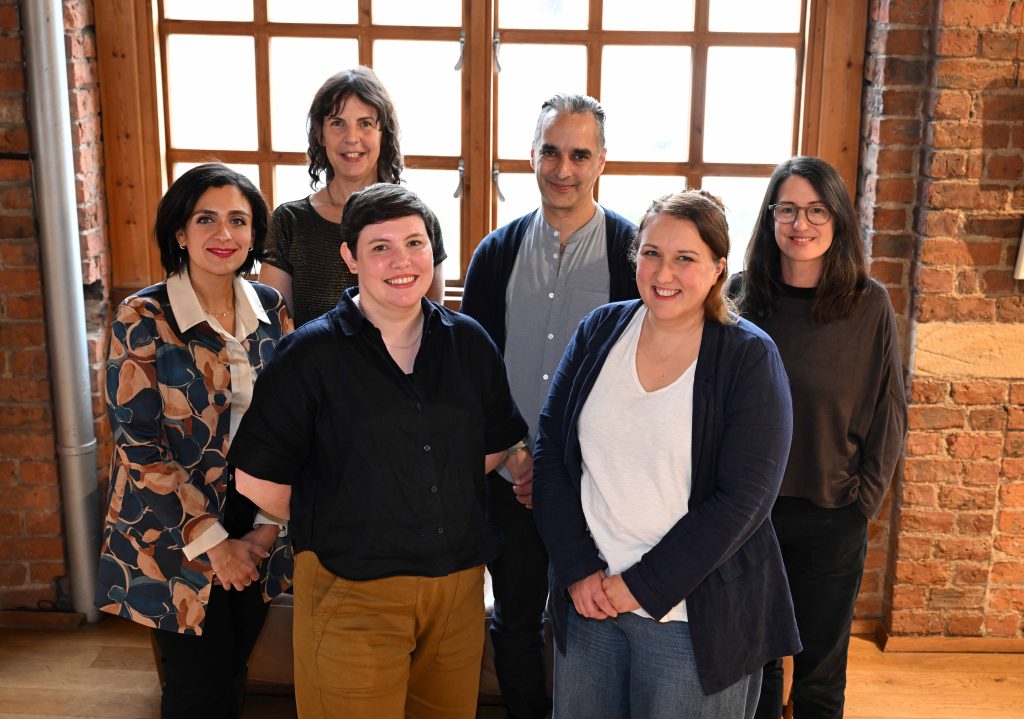
This blog post was initially published by Arts Professional, 29 September 2025.
Banner-making in Rochdale and arts-led takeovers of Dundee’s neglected retail space are just two of the projects to secure a share of nearly £500,000 in funding from UKRI Arts and Humanities Research Council (AHRC).
Six Community Innovation Practitioner (CIP) awards have won AHRC support as part of a 2025/26 cohort extending across England, Scotland, Wales, and Northern Ireland.
Each project joins the ranks of the 100 partners and counting to have now participated in the CIP award programme, part of AHRC’s Creative Communities scheme.
The initiative aspires to “unlock cross sector co-creation and place-based innovation”.
AHRC executive chair, Professor Christopher Smith, said: “Culture is crucial to the prosperity and wellbeing of communities, from ensuring children can develop creativity to driving growth across the UK.
“That’s why governments and local actors prize the role of arts and humanities research in community-based projects—and why we launched the Creative Communities programme, to capitalise on the enormous opportunity to harness this potential to benefit places and people across the breadth of the UK.”
Smith continued: “So far, the programme has worked with more than 100 partners, generated a wealth of new knowledge and policy proposals, and created a successful podcast. I’m excited to see where this latest round of Community Innovation Practitioner Awards will take us.”
Led in conjunction with Northumbria University, AHRC’s selected projects will be asked to produce a case study, policy paper and an episode of the Creative Communities podcast series to share learning.
They will become part of a network of practitioners working on devolved creative and cultural projects.
The latest cohort includes the University of Dundee, which will look to establish creative hubs in forgotten shops in the city, in an exploration of urban regeneration practice, and Cardiff University, which is investigating how to better engage the public and local communities on what is required from journalists.
In Northern Ireland, Queen’s University Belfast is to use the National Trust’s Mount Stewart estate as a jumping-off point to examine social cohesion and political reconciliation through exhibition curation.
Three projects, meanwhile, are to unfold in England, including the University of Manchester’s probe into how banner-making and crafts can enhance community togetherness; the University of Huddersfield’s analysis of “cultural democracy” and creative health; and the University of Birmingham’s insight into how BBC investment in Digbeth has boosted the local economy and built skills.
The CIP awards “show how universities can work hand-in-hand with communities, industry and policymakers to deliver solutions that strengthen cohesion, support growth and ensure no region is left behind,” Northumbria University’s vice-chancellor, Professor Andy Long said.
“Northumbria is proud to be leading such an ambitious programme that demonstrates the power of arts, culture and creativity to drive prosperity and opportunity for all,” he added.
Brought to you by


